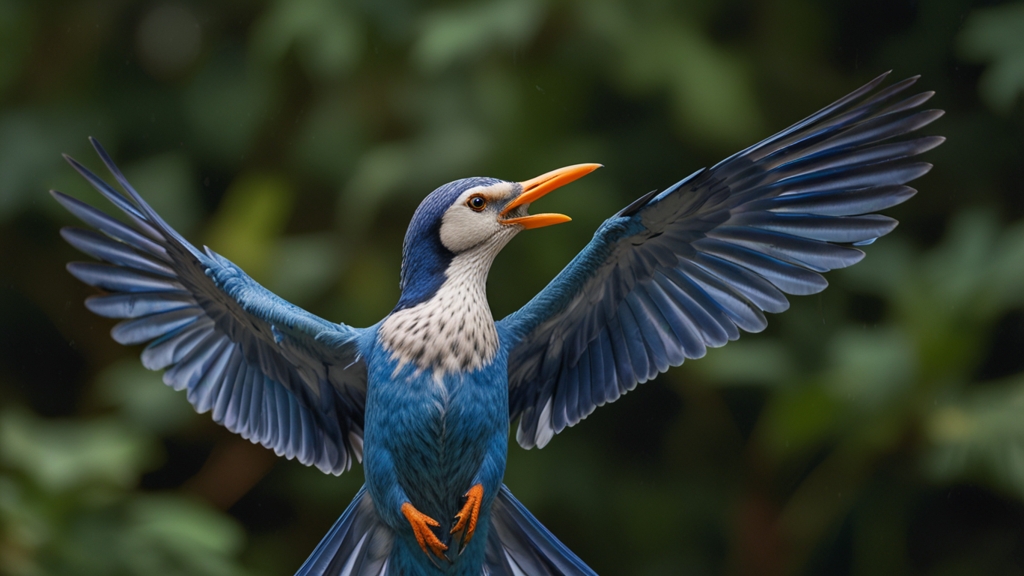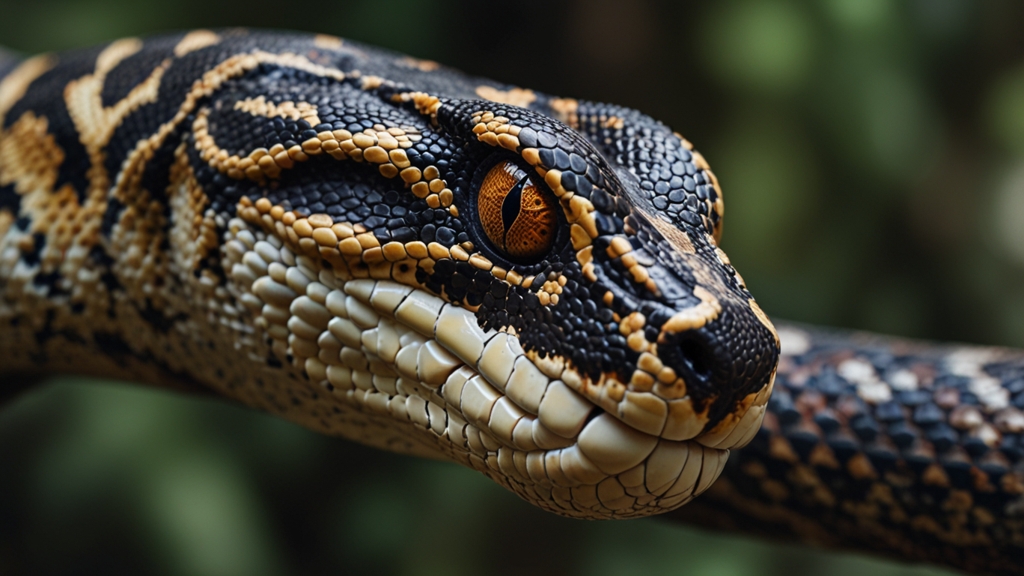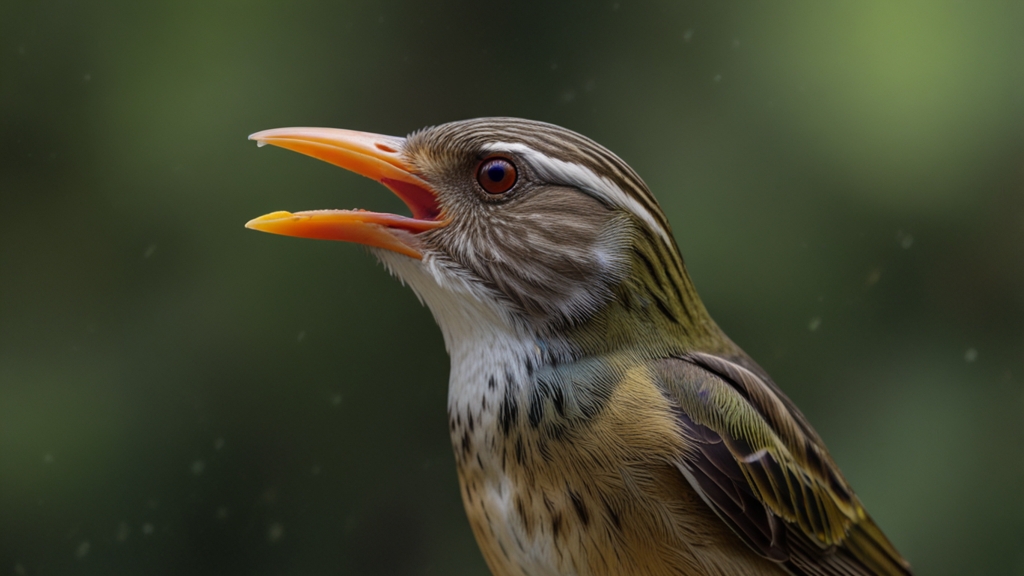Are Birds Smarter Than We Think? Shocking Discoveries
Birds have long captured the human imagination with their ability to fly and their melodious songs. However, recent research suggests that our feathered friends may possess cognitive abilities far beyond what we have traditionally believed. Through a combination of observational studies and controlled experiments, scientists are beginning to uncover the surprising intellectual capabilities of birds.
The Avian Brain: An Anatomical Marvel
Historically, birds have been dismissed as being lower on the intelligence scale compared to mammals, primarily due to the small size of their brains. However, studies have shown that the avian brain is uniquely adapted to support high levels of cognitive function. Birds have a high density of neurons in their brains, particularly in regions associated with complex behaviors and problem-solving. This neuronal density allows for advanced processing power despite their smaller brain size.
"The avian brain may be physically small, but its structural organization and high neuron density offer a highly efficient system for cognitive processing," says Dr. Irene Pepperberg, a cognitive scientist known for her work with parrots.
Problem-Solving Skills: Crafty and Ingenious
One of the most astounding discoveries about bird intelligence comes from their problem-solving skills. Certain bird species, such as crows and parrots, have demonstrated extraordinary problem-solving abilities in experimental settings. Crows, for example, are known to use tools to obtain food, demonstrating an understanding of cause and effect that was once considered a uniquely human trait.
In one experiment, New Caledonian crows were observed using a series of tools in the correct sequence to reach a food reward, an action that required foresight and planning. Parrots have also showcased their problem-solving skills in tests that involve complex puzzles, sometimes outperforming young children.
Social Intelligence: Complex Interactions
Another area where birds have proven their intelligence is in social interactions. Many bird species live in social groups and have intricate social hierarchies, requiring them to navigate relationships with a high degree of sophistication. For example, African grey parrots have been observed to share food and engage in cooperative tasks, indicating an understanding of reciprocity and fairness.
"African grey parrots not only understand the concept of sharing but also engage in it voluntarily, a behavior that underscores their impressive cognitive and social skills," notes Dr. Nicola Clayton, a comparative psychologist specializing in avian cognition.
Communication: Beyond Chirps and Tweets
The ability of birds to communicate is another testament to their intelligence. Some bird species, especially those in the corvid family, possess an extensive range of vocalizations and can mimic human speech. Parrots, for instance, are famous for their ability to mimic words and phrases, but they also show an understanding of the context in which these words are used.
Moreover, certain birds have been found to have regional "dialects" in their songs, suggesting a level of cultural transmission previously attributed only to humans and some mammals. This implies that birds can learn and modify their communication styles based on social interaction.
Memory and Learning: The Avian Edge
Birds also exhibit remarkable memory capabilities. A classic example is the Clark's Nutcracker, a bird species known for its ability to remember the locations of thousands of seed caches for months at a time. This spatial memory skill indicates advanced cognitive processing capabilities.
Conclusion: Rethinking Avian Intelligence
The growing body of research on bird cognition challenges our preconceived notions about animal intelligence. Birds are proving themselves to be far more intelligent and capable than previously thought, with complex problem-solving abilities, sophisticated social interactions, and advanced communication skills.
"As we continue to uncover the depths of avian intelligence, it becomes increasingly clear that birds are not just winged creatures of habit, but intelligent beings with much to teach us about the nature of cognition," concludes Dr. Pepperberg.
As science advances, it is likely that we will continue to make surprising discoveries about the cognitive abilities of birds, reshaping our understanding of intelligence in the animal kingdom.








